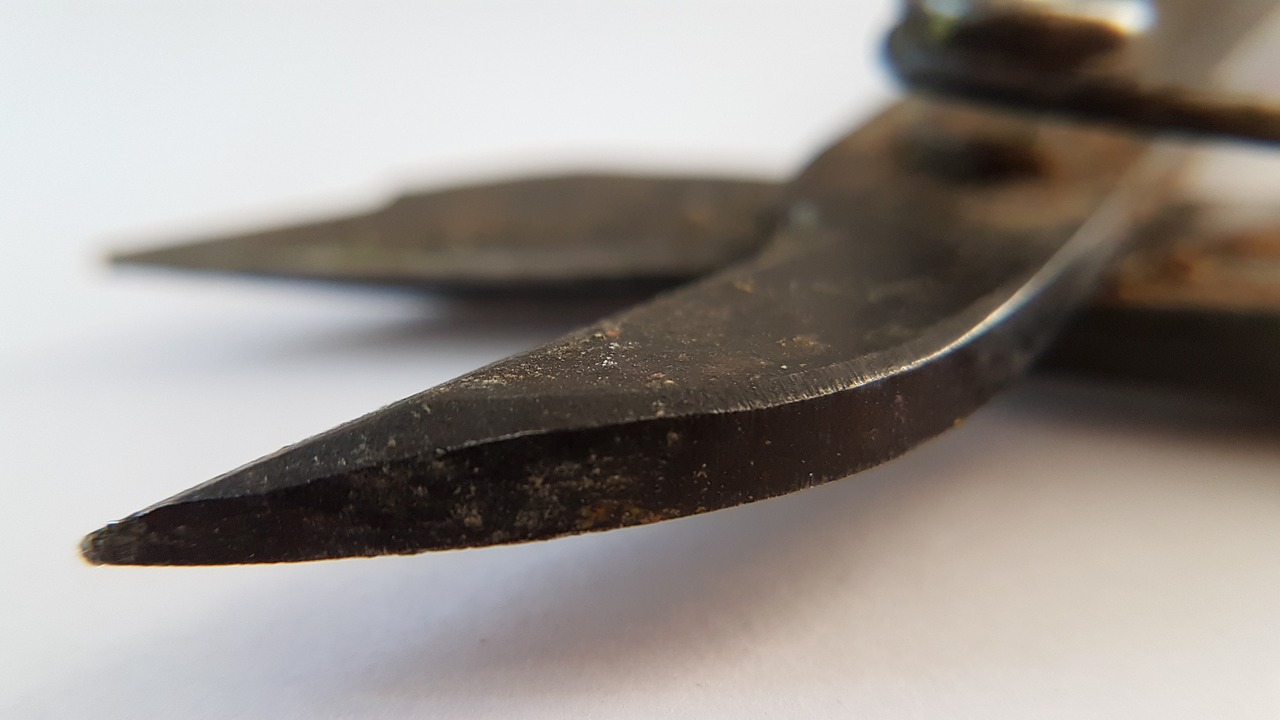The internet is constantly in flux. Website owners can delete their site, migrate to a new domain, delete old articles, or move them into archive folders. If you’ve linked to one of those sites or pages from your law firm’s blog, your link will be broken. If a reader clicks on it, they’ll be presented with a 404 or a 410 error code.
If this happens on your law firm’s site, there are 3 important repercussions that can hurt your online marketing efforts:
- You’ll lose the SEO benefits of the link,
- You may see a small SEO penalty for having broken links on your website, and
- The reader will frown upon you and your site.

What We’re Not Talking About
Before delving into the SEO impact of broken external links, it’s important to point out what we’re not talking about: Backlinks coming to your site from somewhere else.
A link that comes to your site from another domain on the internet is a backlink. Backlinks are the Holy Grail of internet marketing because search engines see them as a strong sign that your website is reputable and important. If there’s a backlink to one of your pages or articles, and then you delete or move that article without taking appropriate action (usually setting up redirects), it will break that backlink and you will lose the SEO boost that came with it.
Broken backlinks, though, are a different topic. Here, we’re talking solely about external links that go from your law firm’s website to another place on the internet that no longer exists.
3 Reasons Why You Should Take Broken External Links Seriously
While it’s true that your site’s external links are not very important SEO factors for your own site, broken outbound links are not trivial. There are 3 reasons why they should not be neglected.
1. You Lose SEO Benefits of a Good Outbound Link
Search engines note where the outbound links go in your legal blog posts. If they go to reputable sites, they can generate some SEO points. If they go to problematic sites, they can hurt. If your outbound link went to a good source, you’ll feel a small SEO drop when it breaks.
2. There Seems to Be a Small Penalty
Search engines seem to consider broken links a sign of a website that is not maintained, which they don’t like. They also know that broken links annoy web users. Because those users can turn their negative thoughts on the search engine, Google and their kind likely do what they can to drop websites with lots of broken links down in the rankings.
While there are mixed signals over whether there is a formal penalty that can be triggered from having too many broken outbound links, sites that are chock-full of broken links don’t seem to perform very well.
3. Readers Don’t Like Them
When a reader sees a hyperlink and wants to follow it, they expect it to work. Getting told that the website they are trying to access is gone or that the page cannot be found is a slap in the face to their interests. They’re going to be annoyed, and some of that disappointment is going to be reserved for the people who run the site that dropped the broken link – in this case, your law firm.
Conclusion
Broken external links are very frustrating because they can happen without notice and there is little that you can do about it because you have no control over the sites you are linking to. However, leaving them broken can have a minor, but by no means trivial, negative impact on your website’s performance online.